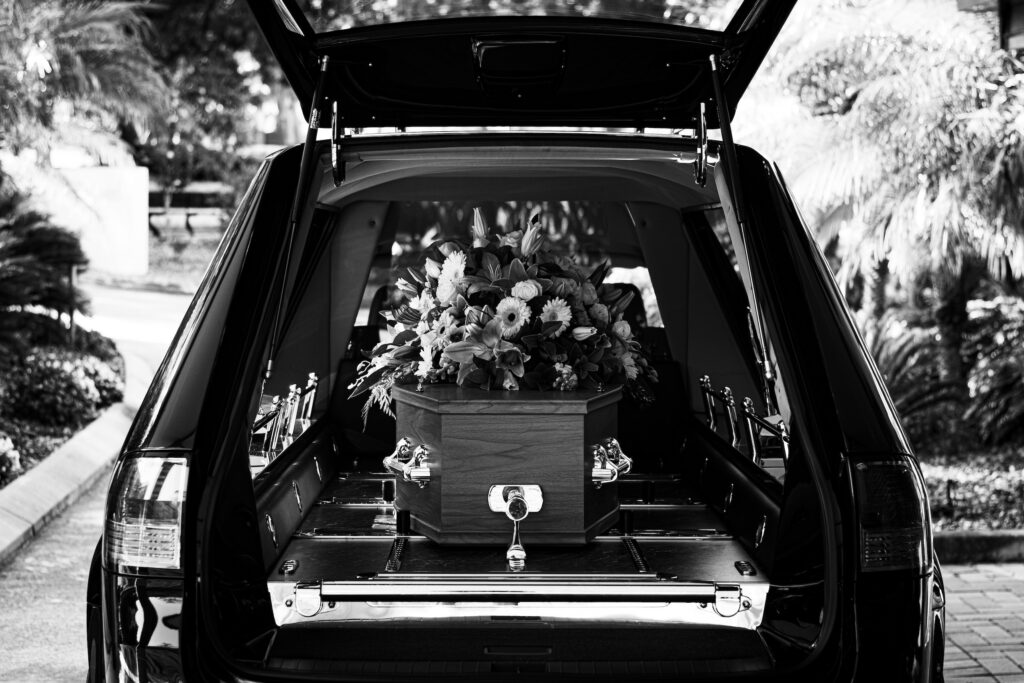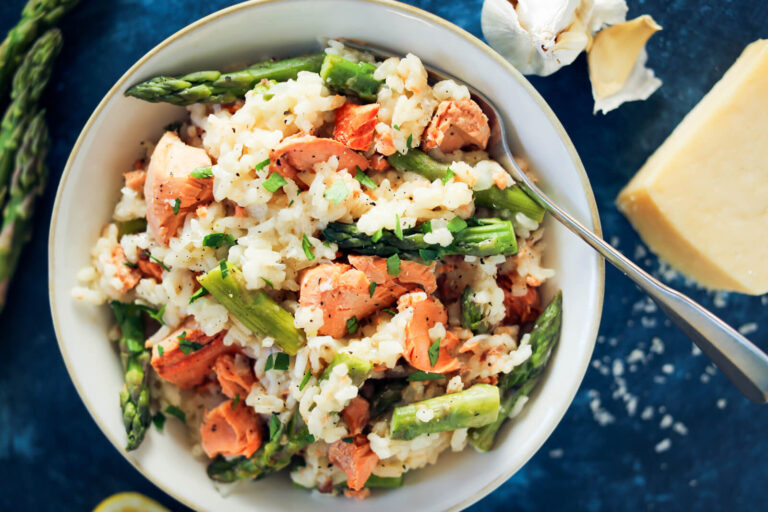…and so is the cost of dying.
From the clear evidence in the supermarket aisle to the many stories in the media, there is no getting away from the rising cost of living. Unfortunately, this also has flow-on effects for another inevitable part of life: death.
It is a regrettable necessity that money must enter the equation when dealing with the loss of a loved one. Even through grief, families have important decisions to make around funeral arrangements, and much of this is governed by budget.
In 2020, UK insurer SunLife had New Zealand listed in the top ten of most expensive places to die in the world. A 2019 survey by NZ Seniors found that a burial can cost anywhere between $6783 for a basic funeral to around double that for a ‘premium’ funeral, which includes such niceties as a celebrant, AV presentation and memorial book. Cremations are a good deal cheaper, costing between $3000 for a basic service to $7460 for one with extras.
If a no-frills, quiet, or customised funeral service is chosen, families can save costs by self-catering, picking their own flowers, and doing extras such as photo boards, videos, and music themselves.
No matter the budget, the fixed costs for funerals include care of the deceased, funeral directors, disposal of the body, venue hire, the cremation or burial ceremony, and any medical papers. Families then have decisions to make around catering, flowers, music, and other personal touches, with cultural traditions providing a framework for some of these choices.
In terms of the difference between burial and cremation costs, it is the real estate of the grave site that makes burials more expensive, and this varies across the country with prices ranging from $1170 in Taupo to $7200 in New Plymouth. By comparison, a cremation will likely set you back less than $1000, but a casket will still be required. The simplest of these is a cardboard casket, which can be purchased for as little as $350.
If a no-frills, quiet, or customised funeral service is chosen, families can save costs by self-catering, picking their own flowers, and doing extras such as photo boards, videos, and music themselves. This will often make a funeral feel more personal, but especially in the case of an unexpected death, these can be difficult jobs for family members to undertake and may require the help of extended family and friends.
It may seem morbid to do so but, if there is someone in your family who you expect may die in the coming years, either from old age or a progressive disease, it can be a good idea to get on top of some of these decisions before the fact.
Begin a playlist of songs you know they like, for example, or begin collating old photos. Decide on some caterers and obtain quotes. This will really help with the emotional burden when the time comes as well as saving costs.

It is also important to check in with what people would like to happen to their bodies when they die, as well as any other ideas they may have about the style or details of their funeral.
Knowing these details may help with decision making down the line and prevent any of those niggling arguments that can happen between family members when they are grieving.
Of course, the best way to ensure you leave your family in good stead financially when you die is through insurance. We can help determine the best life insurance policy for you, with cover for funeral costs. This gives the peace of mind that the only thing your family will be worrying about when you die is which song you loved most.



